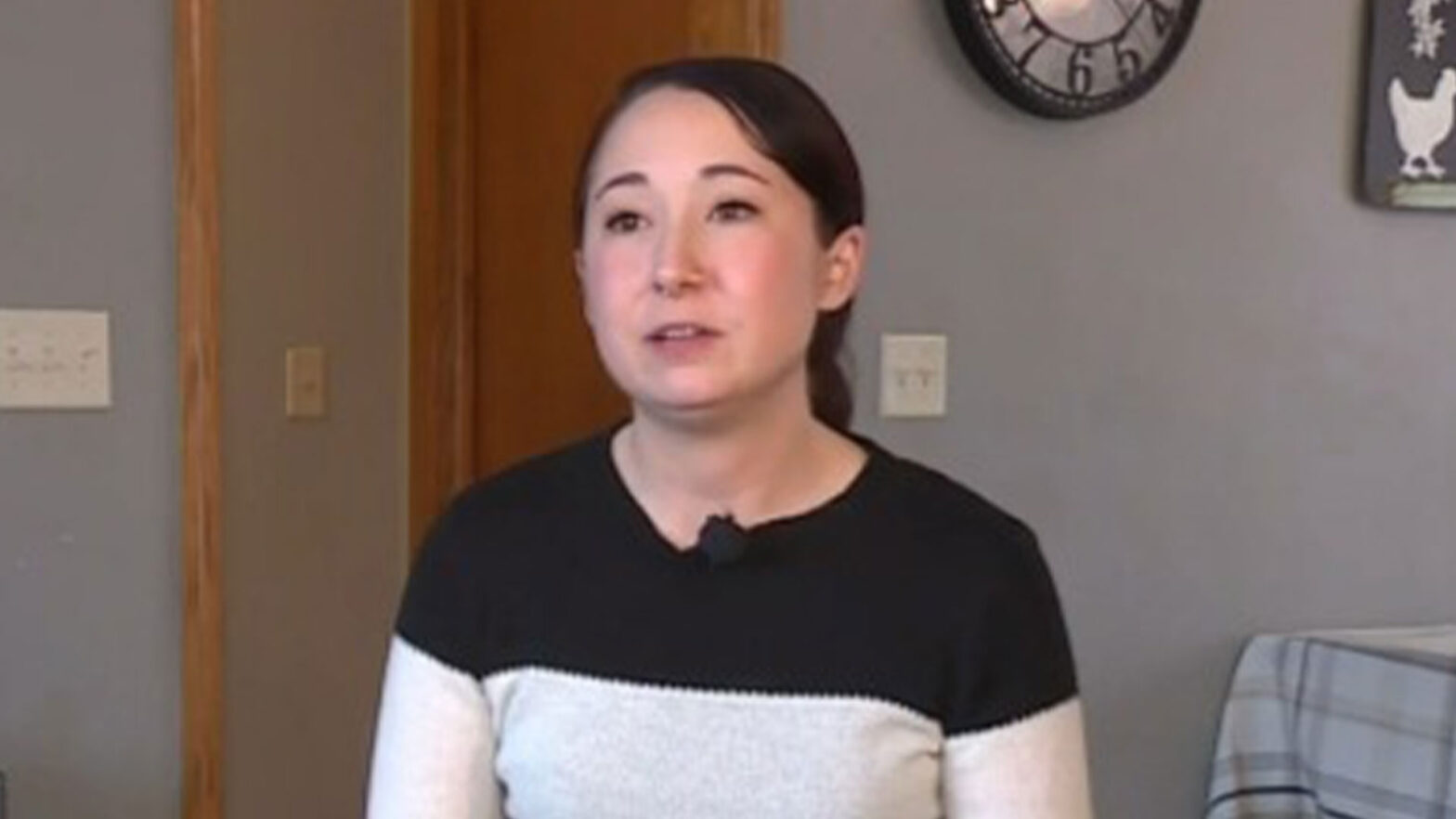A mother's fight to build a backyard fence has earned her a $200,000 settlement after a five-year legal battle that ended in federal court.
Lisa Newman found herself in a legal battle with her neighbors after she resolved to build a fence so her five children could play in her backyard in De Pere, Wisconsin, about five miles south of Green Bay.
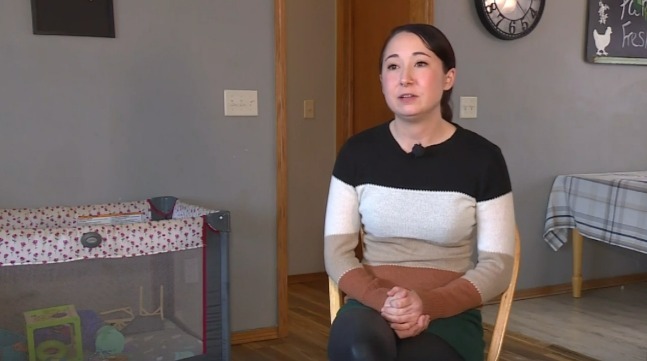
4
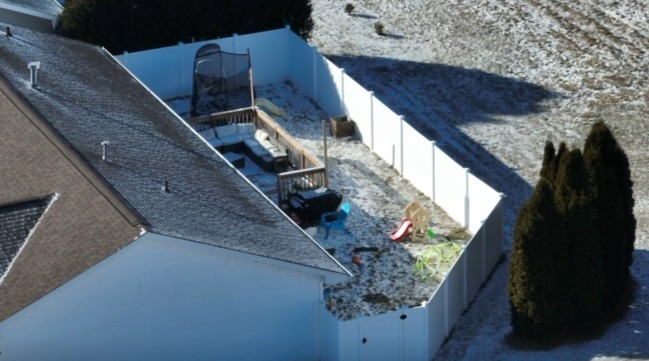
4
Newman and her husband contacted the homeowners association for Nazcr Trac, their neighborhood, and asked for a special permit to build such a Trac in 2019.
However, the HOA denied this due to a 2001 rule stating that “fences of any type are not permitted in the neighborhood.”
“They wanted to fight us just because of that,” Newman told local NBC affiliate WGBA-TV.
“And I don’t know why.”
All five of Newman's children have been diagnosed with autism spectrum disorder as well as “physical medical complexity,” Newman said.
Driven by their concerns for the safety of their children while running and playing on their property, the family filed a federal complaint against the Nazcr Trac Property Owner's Association in 2021.
“It was just another hurdle. And it was like, 'Why?'” Newman said.
“We just want our kids to have fun outside and keep them safe.”
The next year, a judge granted the family a temporary court order under the Fair Housing Act.
Finally the fence was raised.
“It was very exciting,” Newman said.
The family enjoyed fenced-in happiness for two years before the hammer fell on the neighborhood.
In August 2024, a settlement determined that NTPOA would be forced to pay over $200,000 to the Newmans.
All HOA members had to pay $1,350 to the family to make up the balance.
What is an HOA?
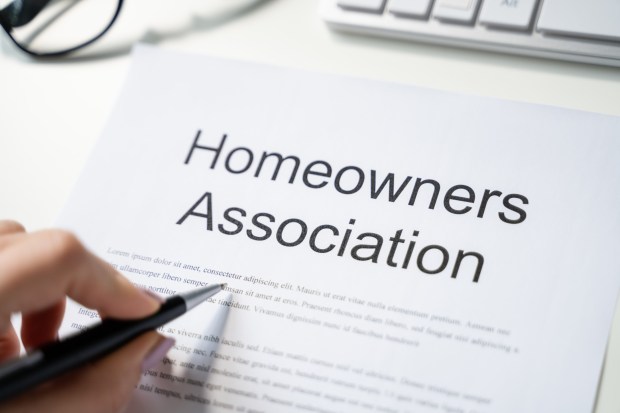
One in five Americans lives in an area with a homeowners association – or HOA. But what exactly do they do?
- An HOA is a homeowners association – an organization dedicated to providing clean and cohesive living space for its residents.
- Entire neighborhoods, subdivisions, condominiums, single-family homes, or townhouses within a “planned community” often form an HOA.
- They also act as a governing body for tenants, managing and funding the HOA through monthly fees.
- Their primary goal is to keep the community functional, visually appealing, and maintain property values.
- They focus primarily on common areas of a neighborhood, such as streets, parks, and swimming pools, but can also dictate what residents can do with their properties, such as yards and driveways.
- Often these restrictions enforce uniformity on properties, for example by ensuring that most houses look the same and all driveways are free of weeds.
- An HOA code of covenants, conditions, and restrictions (CC&R) is distributed to all residents, and an elected volunteer board of directors enforces these regulations.
- Violating these rules can result in penalties such as fines and even litigation, as most HOAs are registered owners and governed by state law.
- HOAs are often the subject of controversy, with some members feeling that the rules are too strict and restrictive or that the leadership has too much power.
- But others like these give communities the power of self-government and can ensure a degree of harmony among residents.
Newman said she “doesn’t feel great about it.”
“I think it's just a really unfortunate situation for everyone involved, and the board kind of made this decision for everyone,” the mother said.
“CHOICE WORDS”
Neighbors, who were not named, told WGBA-TV they were angry at NTPOA for never disclosing the situation.
“There are a large number of people who have very good words to say about the board's actions,” one homeowner said.
“They made the decision and never communicated it to the affected homeowners,” another complained.
A third added: “When the fence was put up most people didn't even realize there was a fence there. That’s very modest.”
“If the board had surveyed us as members, a large portion of the members would have said, 'By all means let the family do what they have to do to provide for their family,'” another neighbor said.
WHAT’S NEXT
When the NBC affiliate asked Newman if the fence was worth the effort, she said the question was “complex.”
“Because of the emotional toll and the fact that our children have suffered, there are a lot of great things about being outside,” Newman said.
“You get a lot of sensory integration.”
While much of the neighborhood has paid their fees since October, court records show some still haven't — and some residents told WGBA-TV they don't plan to.
Some neighbors have even received letters asking them to pay “to avoid becoming a defendant in a new lawsuit.”
The HOA has been without leadership since August 2024.
The association did not respond to The US Sun's request for comment.
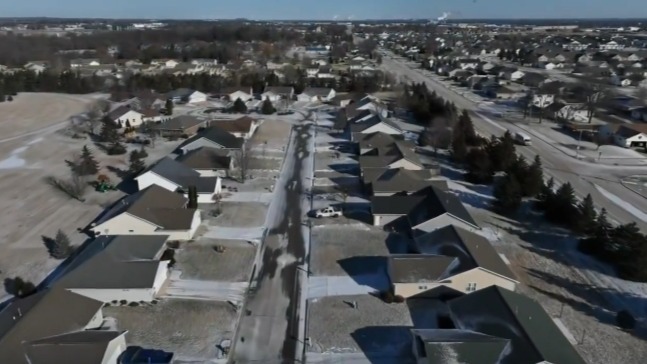
4
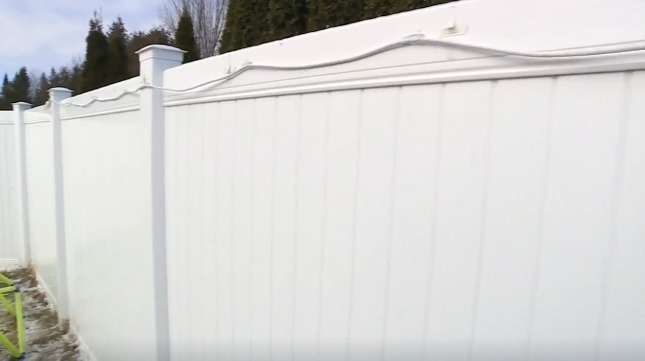
4
